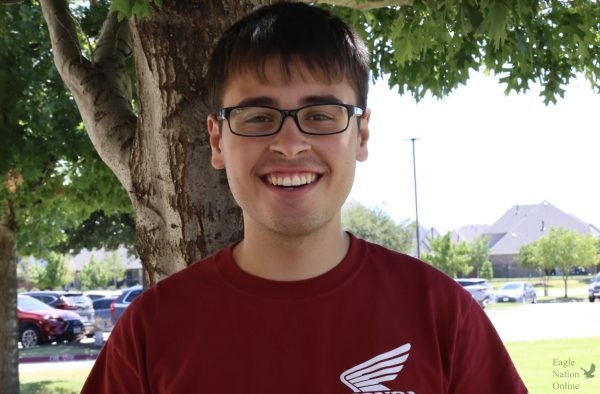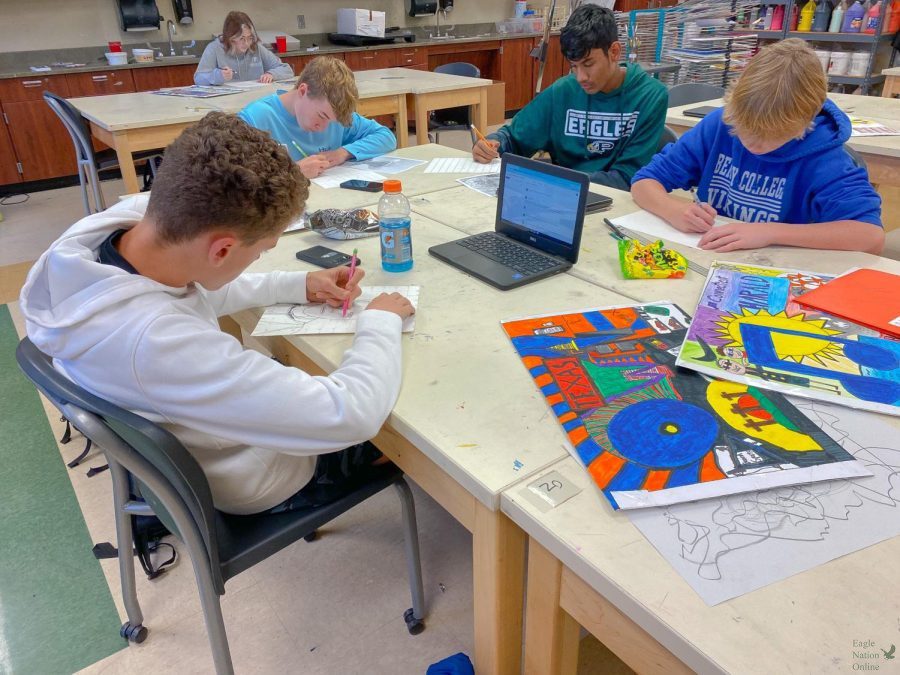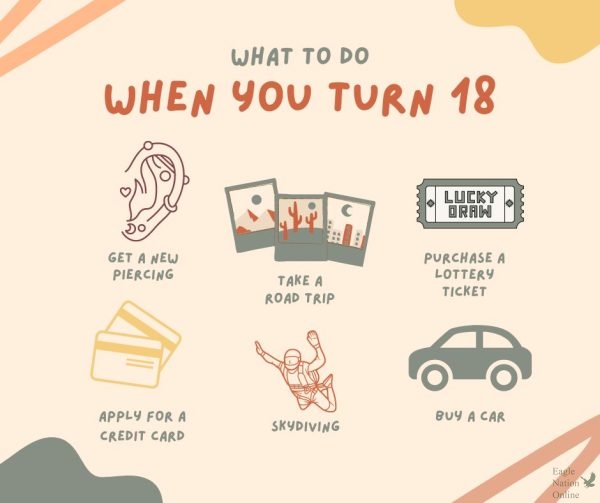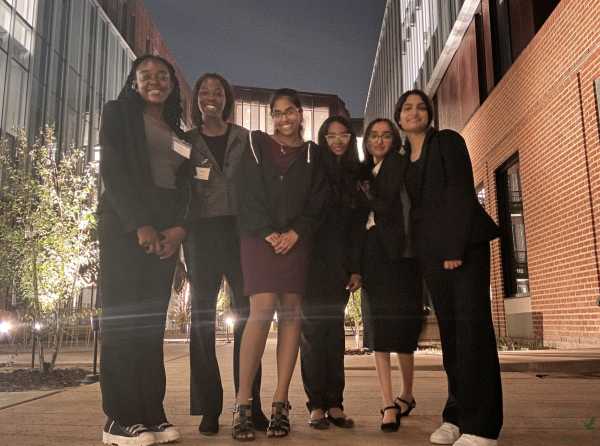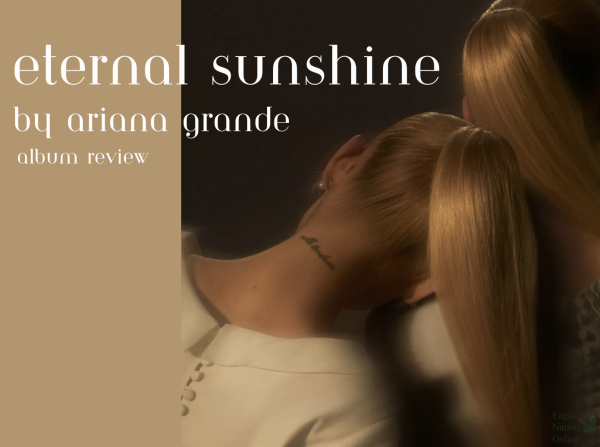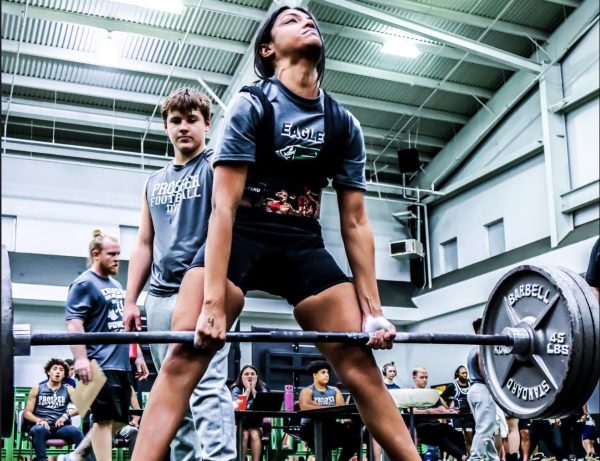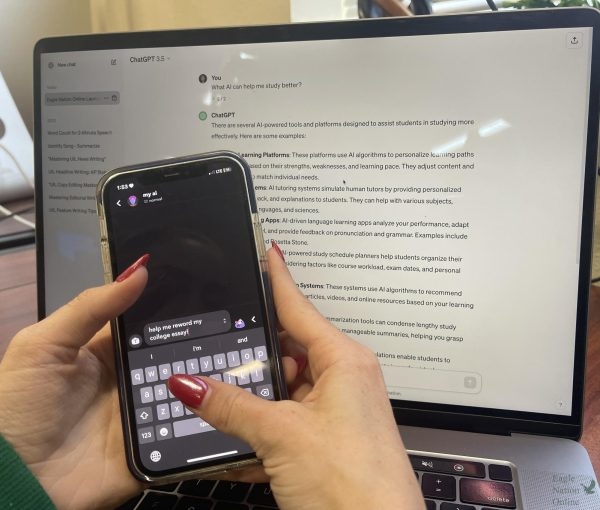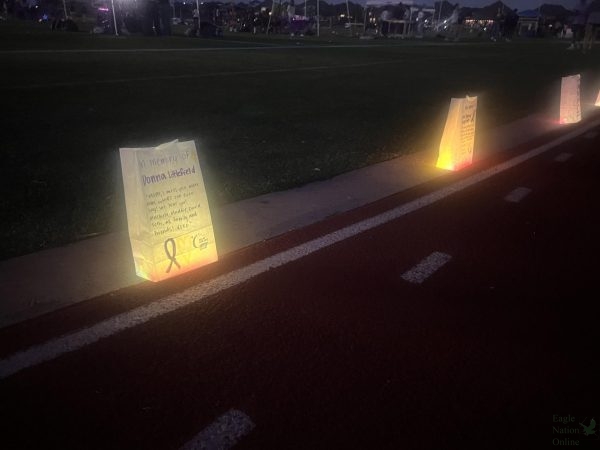Editorial: A.I. art generators hurt artists, hinder development of human culture
Hunched over their table, Art I students and freshmen Owen Powell, Hooper Harris, Karan Mandela and Harry Crystal draw self portraits for a project. In the attached editorial, the Eagle Nation Online staff takes the stance that artificial intelligence art generators hurt artists’ businesses. “Artists are already losing business because of A.I. art generators,” said sophomore Jake Radcliffe, who wrote this piece on behalf of the editorial board. “Commissioning a piece of art from an artist can be expensive and time-consuming. On the other hand, using an A.I. to generate art is generally fairly cheap or free and almost instantaneous.”
With recent technological advancements in artificial intelligence, advanced A.I. text-to-image generators with the ability to create powerful pieces of art have been made increasingly available to the public. These generators are usually free, like Stable Diffusion or WOMBO Dream, or relatively inexpensive, like Midjourney or DALL·E 2. Once someone generates an image with an A.I. generator, they own that image and can sell it.
Although A.I. can seem like a step forward for artists, A.I. art generators hurt artists’ businesses and hinder the development of human culture.
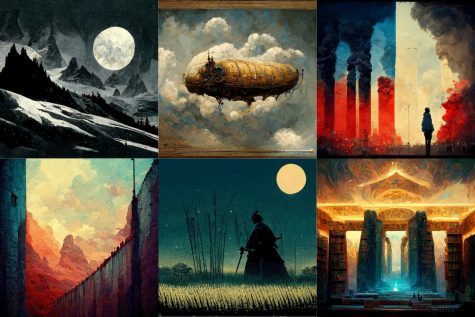
Artists are already losing business because of A.I. art generators. Commissioning a piece of art from an artist can be expensive and time-consuming. On the other hand, using an A.I. to generate art is generally fairly cheap or free and almost instantaneous. This reality has caused potential commissioners of art to turn to A.I. art generators instead of human artists.
In addition, A.I. art generators make it harder to find artists’ original works online. Users of the generators can put the names of artists to make them imitate a certain artist’s style. This can cause AI-created art in the style of an artist instead of the artist’s actual work to show up when searching for that author’s name online. Some users are also selling these AI-generated images online under the names of the artist the piece is styled after, which takes even more business away from human artists.
Also, the use of A.I. art generators discourages new ideas from being contributed to the artistic space. Every generator is “trained” by analyzing thousands, millions, or even billions of images. This means that all art generated by A.I. is based on previous works and isn’t original, as it can only use the style of pre-existing pieces of art.
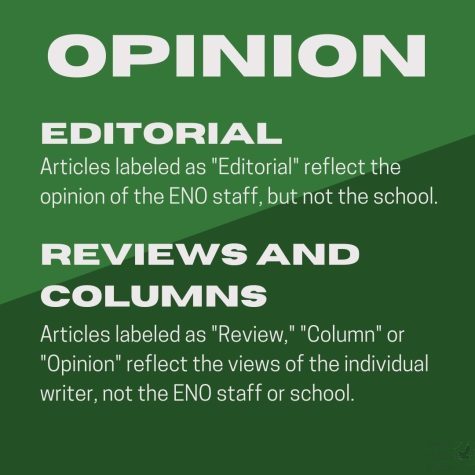
Greg Rutkowski, a Polish artist popular for creating art for games such as “Dungeons and Dragons,” “Magic: The Gathering” and “Horizon: Forbidden West,” has been greatly affected by A.I. art generators. His style is one of the most popular to input in prompts on Stable Diffusion. According to Lexica, a website that tracks images and prompts generated by Stable Diffusion, Rutkowski’s name has been used in prompts over 93,000 times as of Sept. 16, 2022. Rutkowski originally thought that this would be a good way to reach new audiences, but a quick Google search of his name revealed that the image page was flooded with AI-generated images using his name and devoid of his actual work. Rutkowski is one of many artists that are extremely afraid of AI-generated art overtaking the originality of human-created art.
Supporters of A.I. art generators say that this new method of creating art makes it easier for the average person, who might not be a very skilled artist, to create art. However, the beautiful reality about art is that everyone has their own style, and, if someone uses A.I. to create art, they lose their original style.
Agencies that regulate artificial intelligence, such as the Institute of Electrical and Electronic Engineers, the Organisation for Economic Co-operation and Development and the European Union, must support human artists and institute new regulations that protect these artists’ businesses from the rise of A.I. art generators, in order to ensure that artists can continue to be known for their own, original works.
Your donation will support the student journalists of Prosper High School. Your contribution will allow us to purchase equipment and cover our annual website hosting costs.
